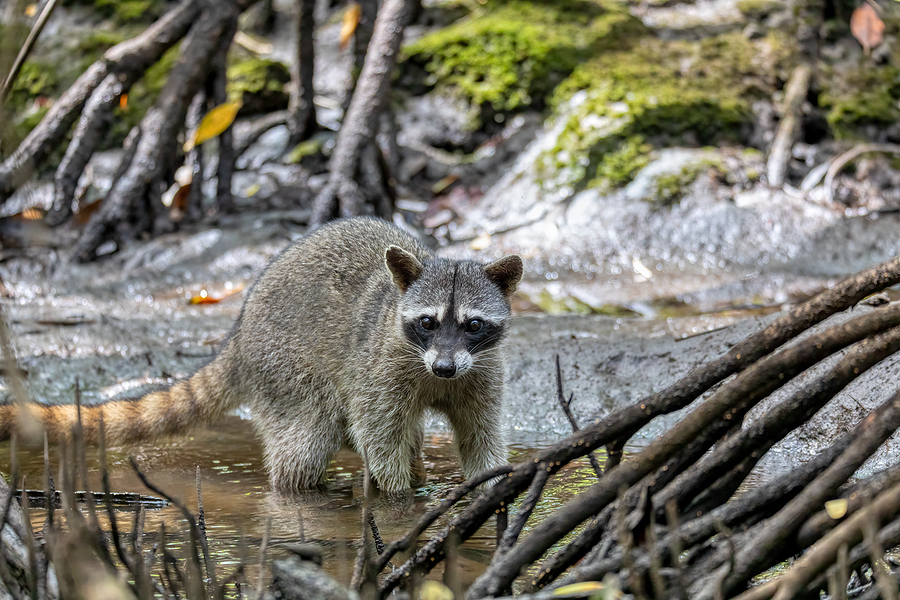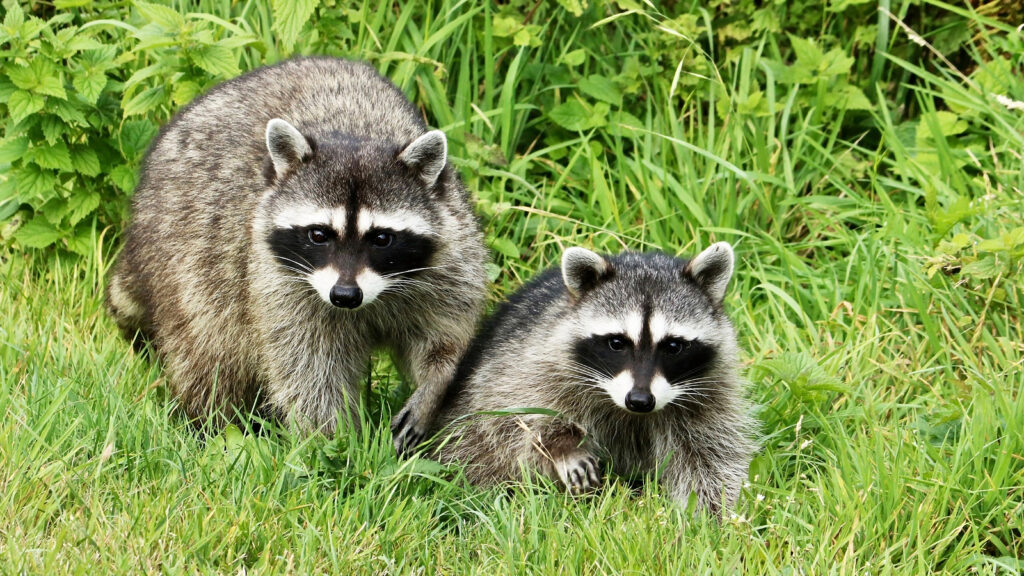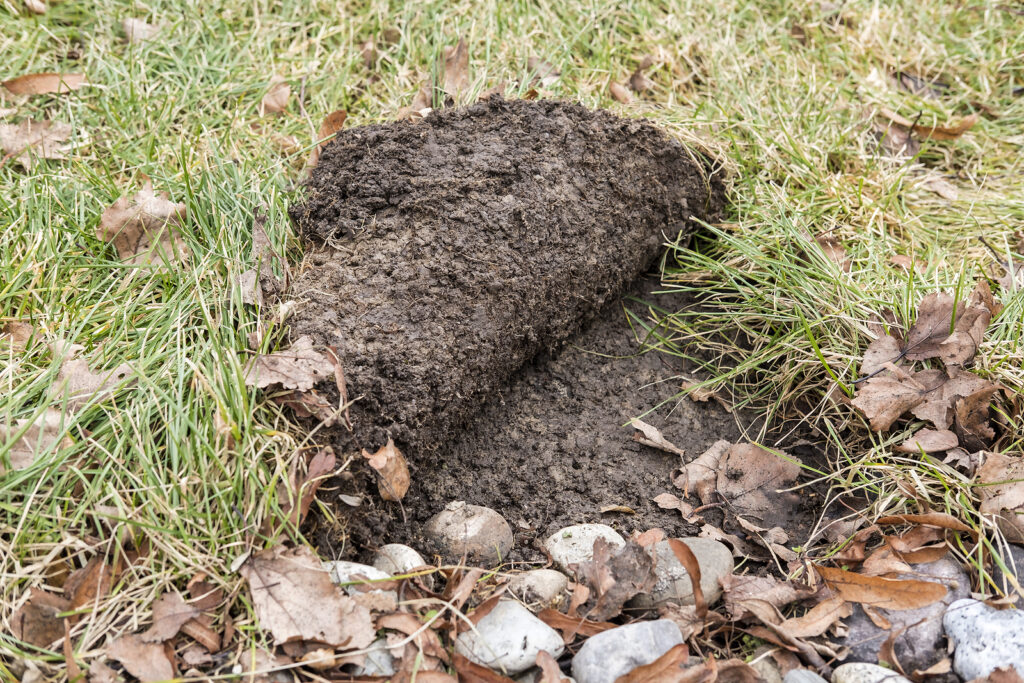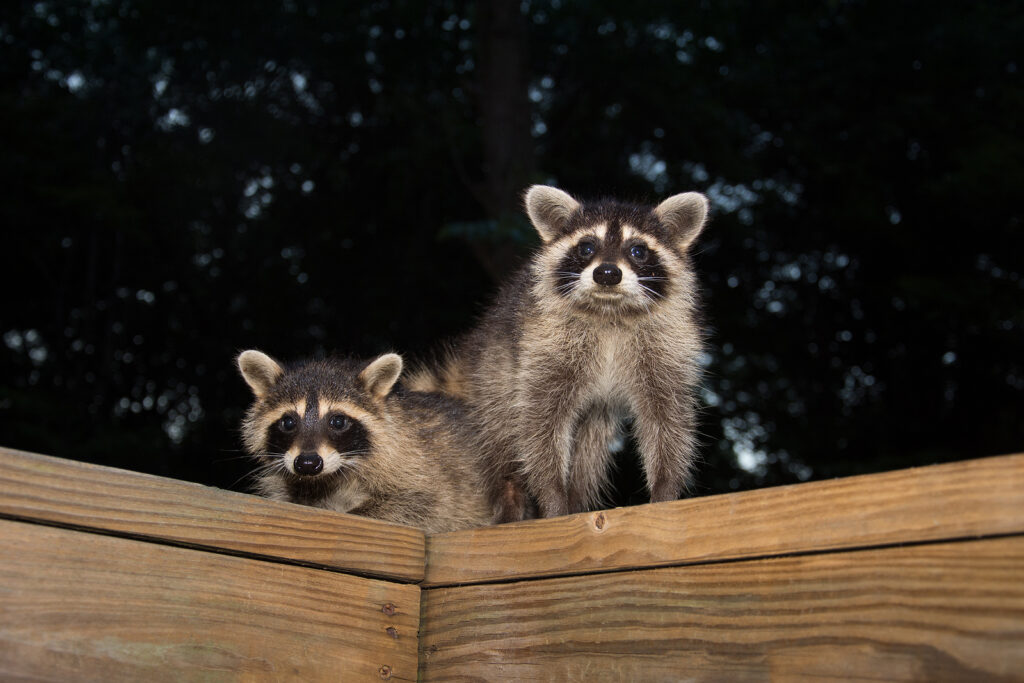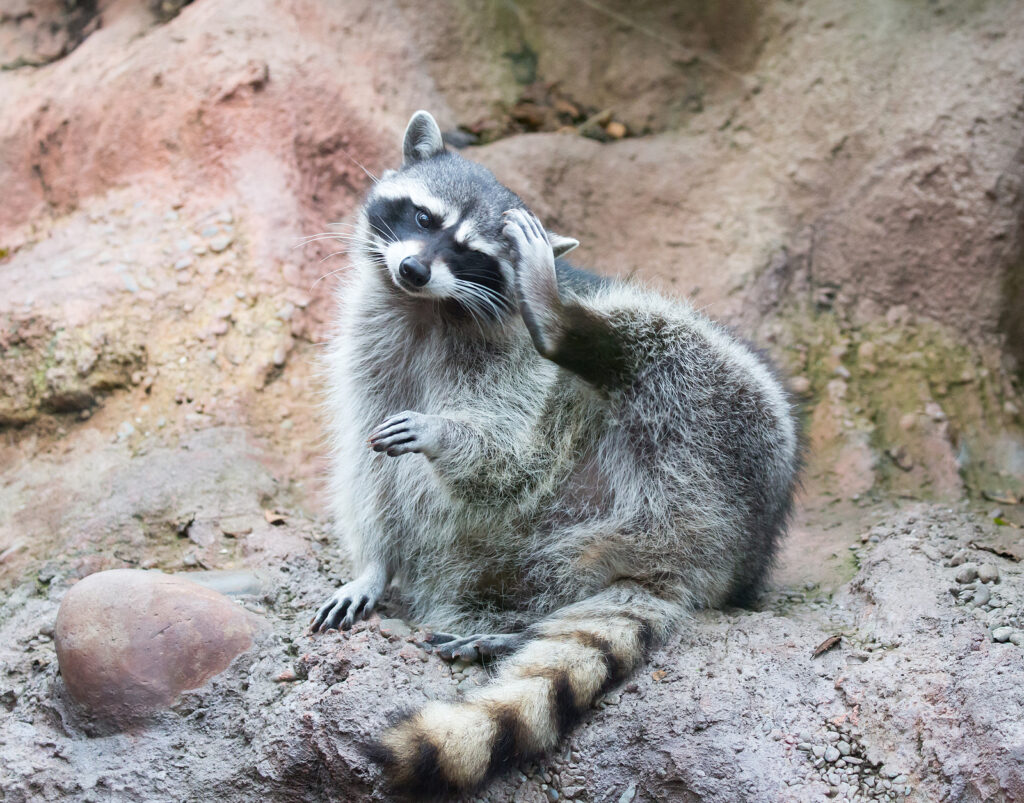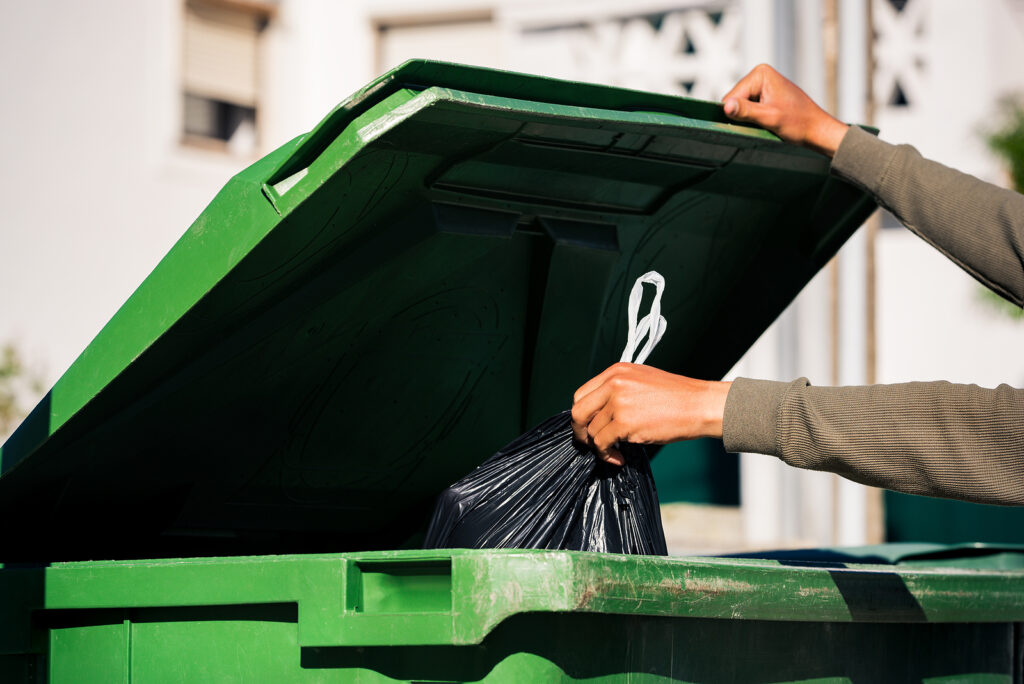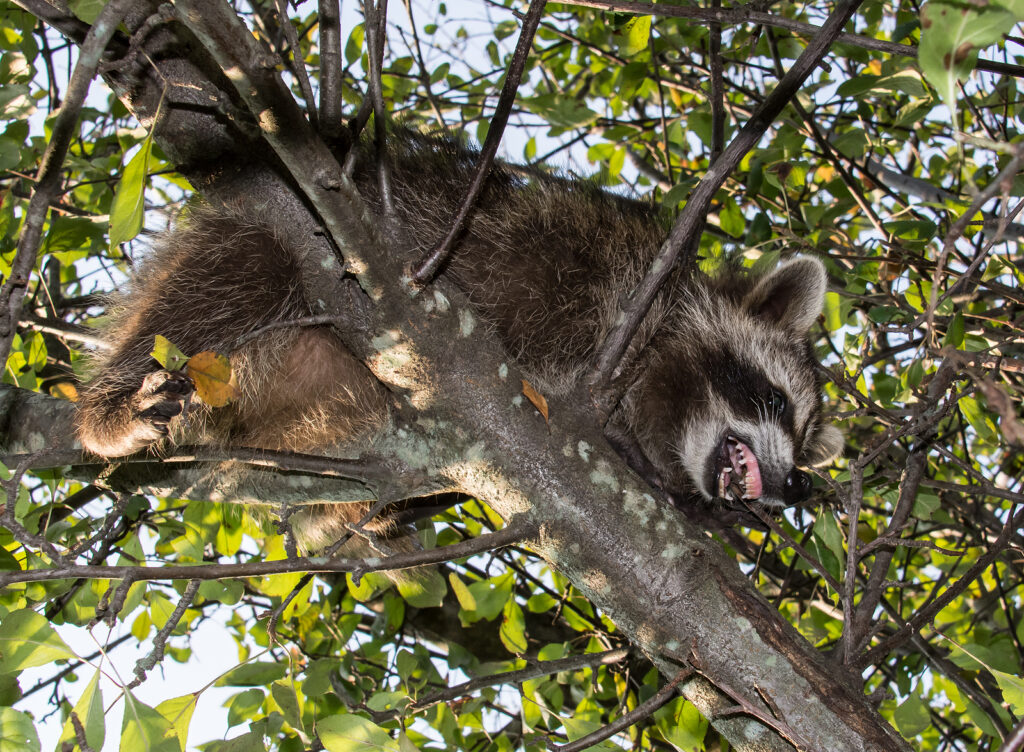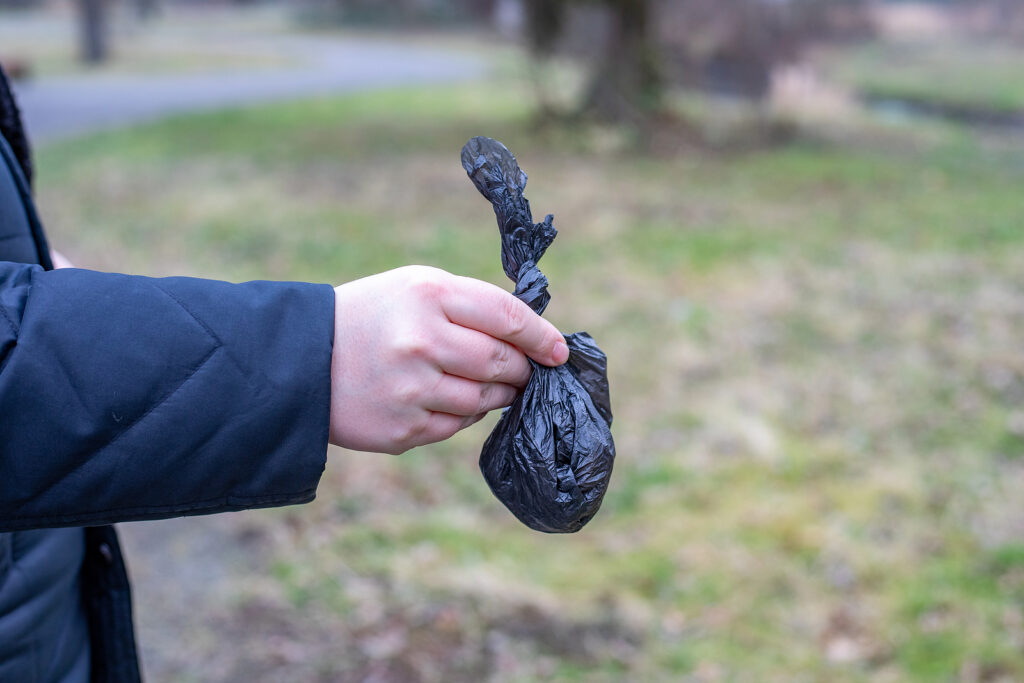Raccoons can gain access inside your house and cause a significant amount of costly and unsanitary structural damage. Raccoons are known to invade attics, crawl spaces, wall voids, porches, patio, pool houses, barns, garages, sheds, rooftops, and even outdoor children’s playsets! With the advantage of high intelligence and dexterous paws, local raccoons are quite skilled at finding clever points of entry into any unprotected dwelling of their choice.
Protecting your home against these possible invasions is an important task to add to your annual home maintenance To-Do list. Continue reading to gauge just how protected your home is from nuisance raccoons by reviewing a recommended animal-proofing checklist.

Raccoon Control Basics
Not only can proper raccoon-proofing potentially can save you thousands of dollars down the road, but it protects your loved ones and pets from disease exposure. It is highly recommended to animal-proof your property against raccoons, especially you are near wooded or forested areas or large bodies of water.
When it comes to protecting your home from wild raccoons, attention to detail is crucial. As mentioned before, they can find various ways inside a home or building. They are agile climbers and have dexterous paws much like human hands. They can clasp, grasp, push, pull, and more. This means an unlocked window, cracked door, loose roof shingle, and loose floor boarding are no match for these intelligent and dedicated critters.
To raccoon-proof your home and property, these ideas and methods are suggested:
□ Remove Outdoor Garbage Cans
□ Removal Outdoor Pet Food
□ Spray Raccoon Repellents Around Gardens
□ Use Liquid Fence Products
□ Sprinkle Dog Fur around Exterior Property
□ Ultrasonic Animal Emitters
□ High-Powered Strobe Lights
□ Fix Broken Locks and Doorknobs
□ Lock Exterior Doors and Windows
□ Seal Loose Roof Shingles
□ Hire a Licensed and Insured Raccoon Control Service
These methods, approaches, and ideas are all potentially helpful so long as you work hard to find all potential entry points into your property. Hiring a professional Indianapolis raccoon control company is the best road to take when it comes to animal-proofing your property. They retain all the necessary tools, equipment, training, and experience to facilitate these types of services in no time.
Are you ready to skip the hassle of animal-proofing against raccoons yourself? Contact Indianapolis Raccoon Removal at 317-535-4605 for prompt and professional raccoon control services in Indianapolis, Indiana and its surrounding counties. We serve residential and commercial customers with the most economic rates around.
You Should Also Read:
Why Do I See Raccoons Out at Daytime?
3 Reasons a Raccoon is Dangerous to People and Pets
How to Protect Pets From Wild Raccoons

